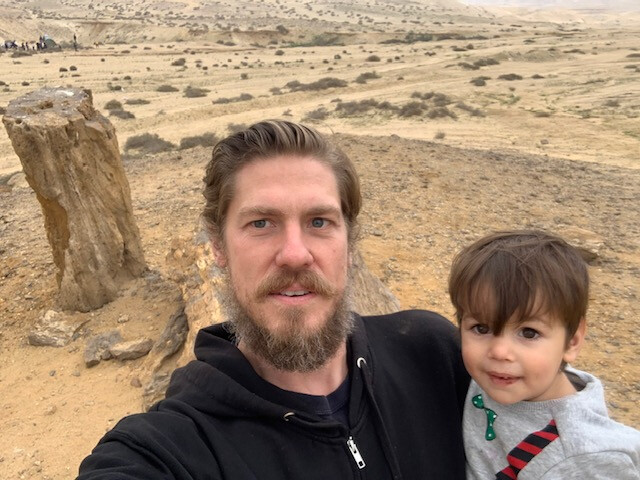From Egypt with Love
From Jeff and Jenn on mission in Egypt with the family: Our family will be heading down to Luxor over the holidays to see some of the Pharaonic temples and burial sites. They of course keep all of the mummies up in Cairo, which I had the opportunity to speed through as my kids tore through the place. This had me wondering which of these fellows was acquainted with Moses. It goes without saying that Egyptians aren’t very interested in the origins of the people of Israel. Which is why I haven’t found much of a local tradition about the Pharaoh of the Exodus account, not to mention the actual route they took to the promised land. Amongst apologists for the Exodus, however, there seem to be two vying views. The “older date” is popular among biblical innerantists for whom the Bible’s chronologies must be taken literally. They favour Amenhotep II as the Pharaoh. The “later date” team take Rameses II as the Pharaoh of Exodus based on the fact that Exodus tells us that the Israelites built store houses for his capital up on the East side of the Nile delta. Interestingly, archeologists have found this city and a neighbouring Semitic town called Avairis where the Israelites may have lived - a town that was (coincidentally?) abandoned during Ramses’ reign. There are lots of factoids that make this a rather compelling alternative, though I must admit that archaeology isn’t my area of expertise. As with the life of Christ, however, these things will only take us so far. What is it like to see a visible theophany of God in a pillar of cloud and fire? What is it like to see that cloud descend on Christ at his transfiguration, or to see him ascend into that cloud? Our eyes’ access to that vision is now made possible by Scripture: “And beginning with Moses and all the Prophets, he explained to them what was said in all the Scriptures concerning himself” (Luke 24:27); “Then their eyes were opened and they recognized him, and he disappeared from their sight” (v31). For those who don’t live in biblical locations, this is more than enough. But whatever the case may be with the archaeology, it is cool to live in a place where this all went down.


